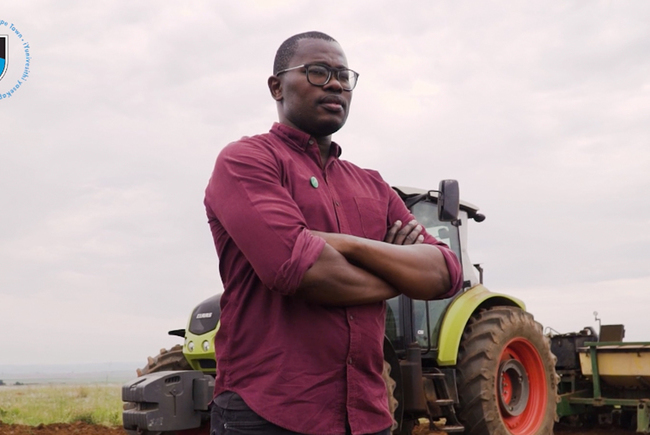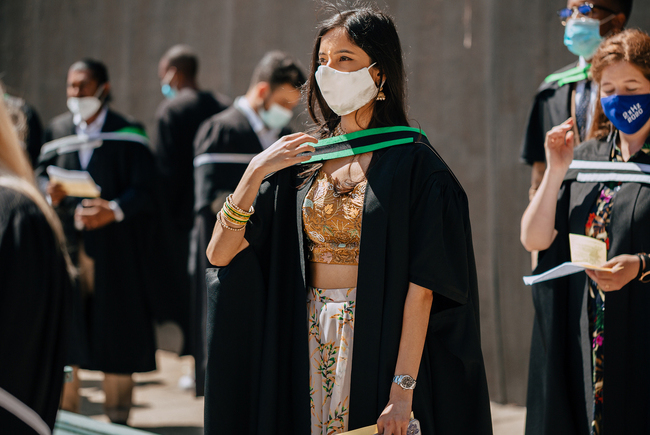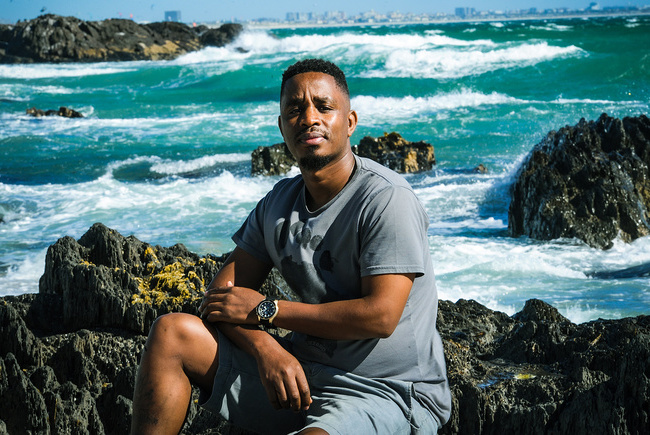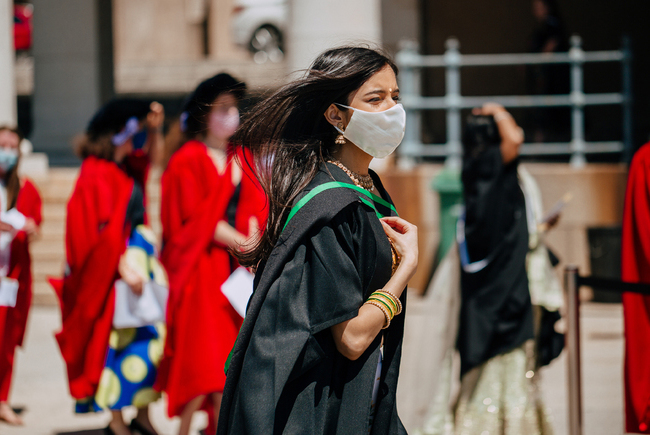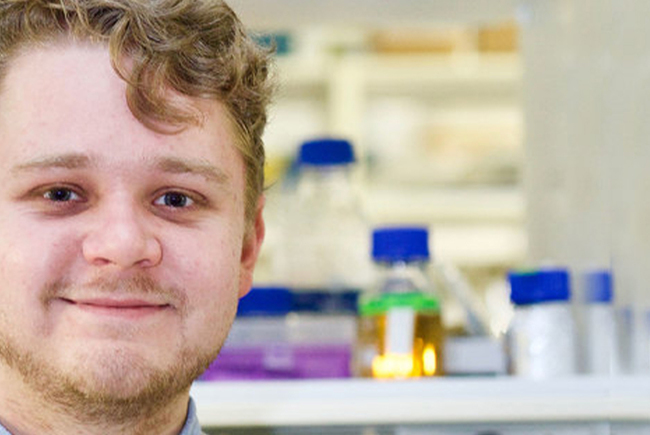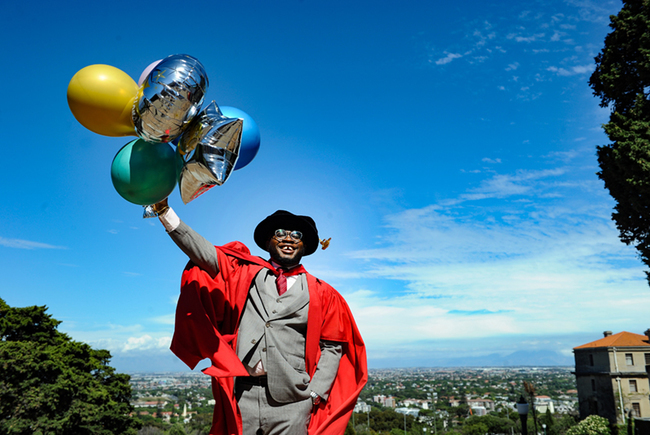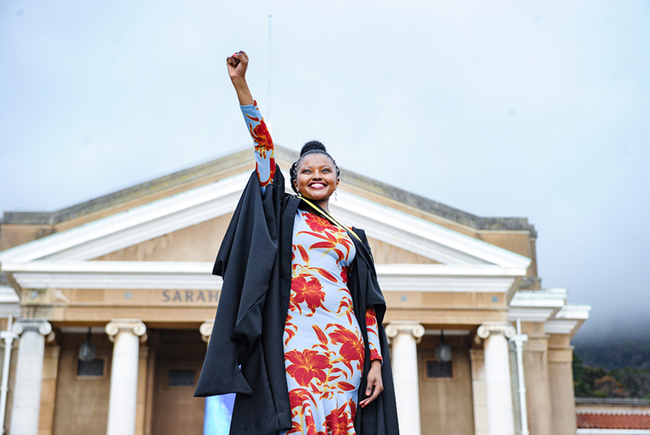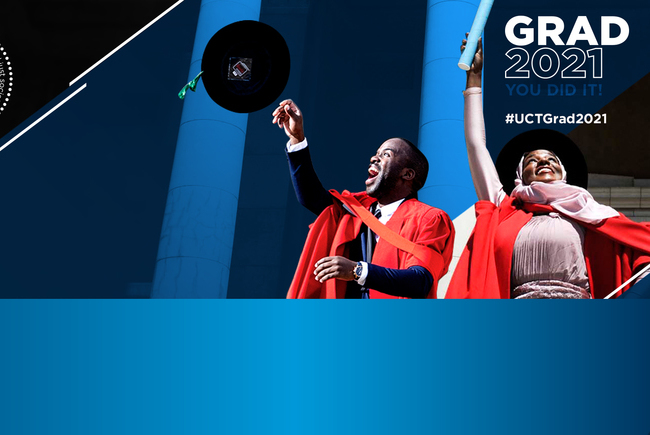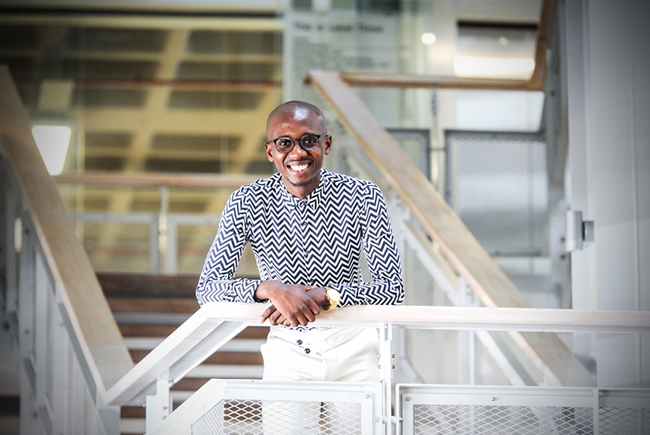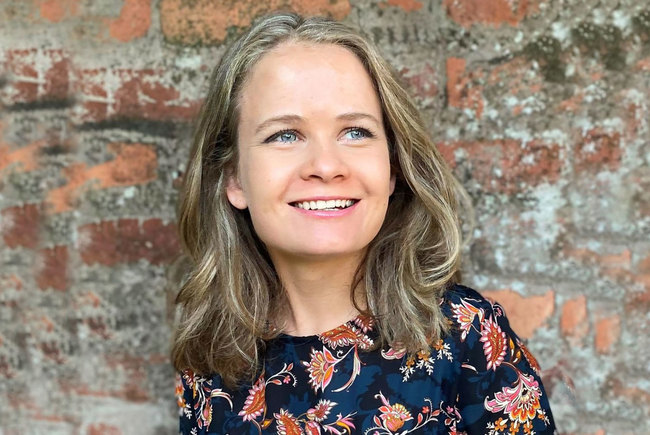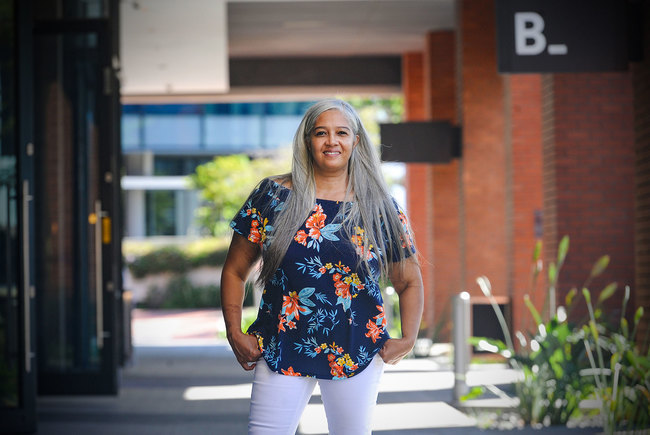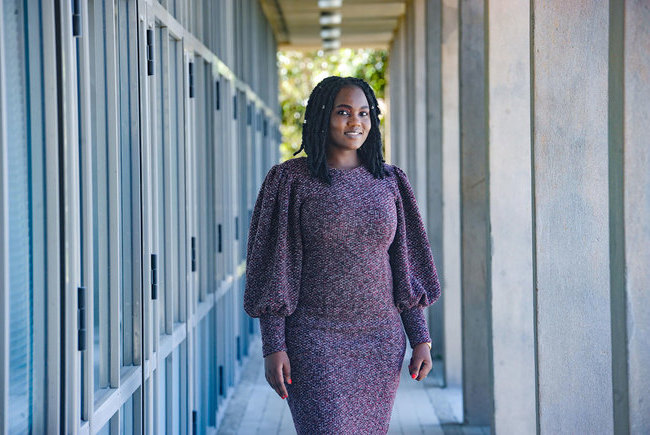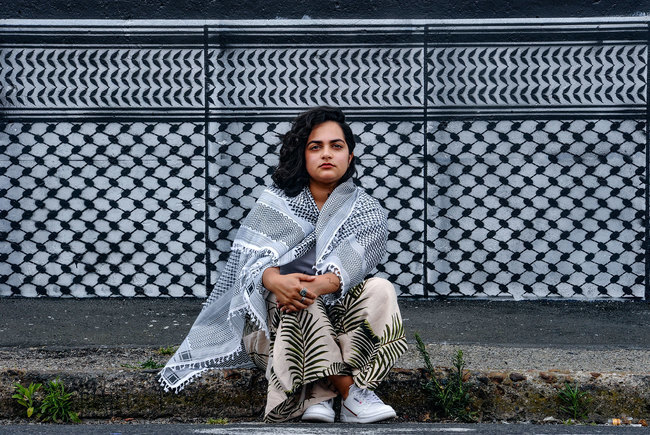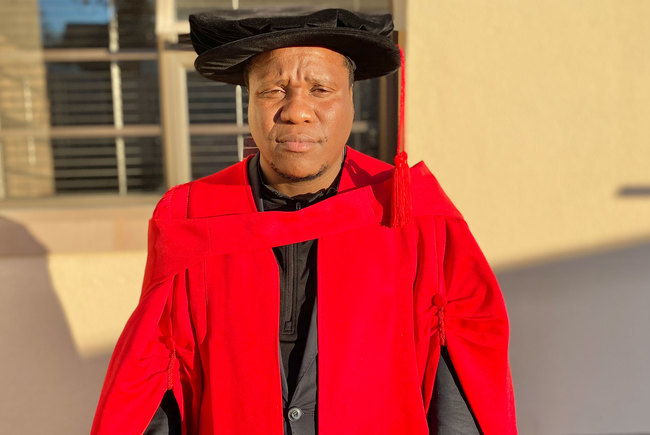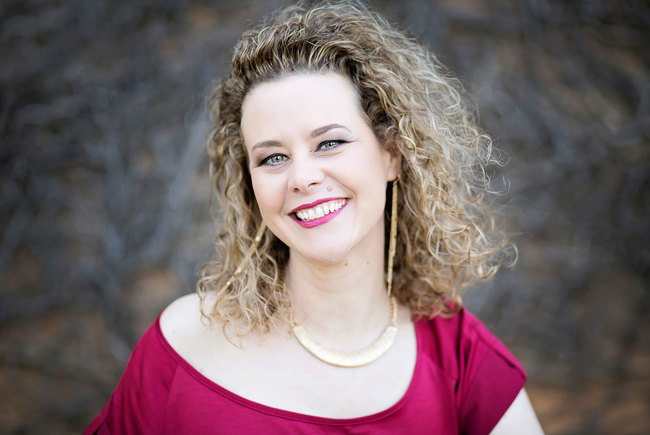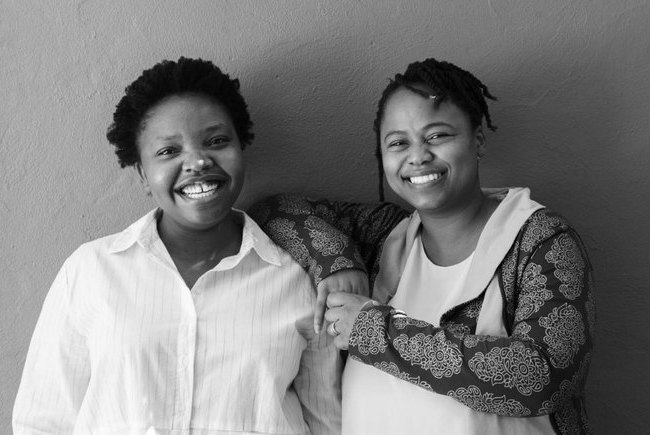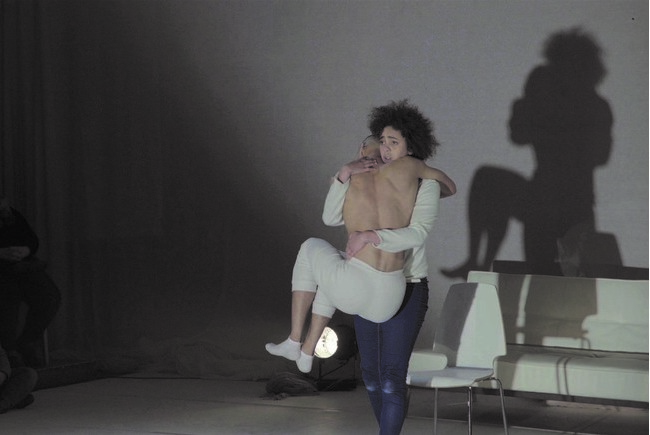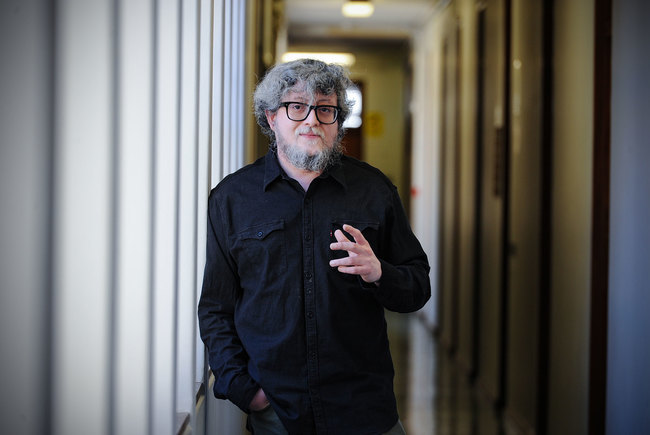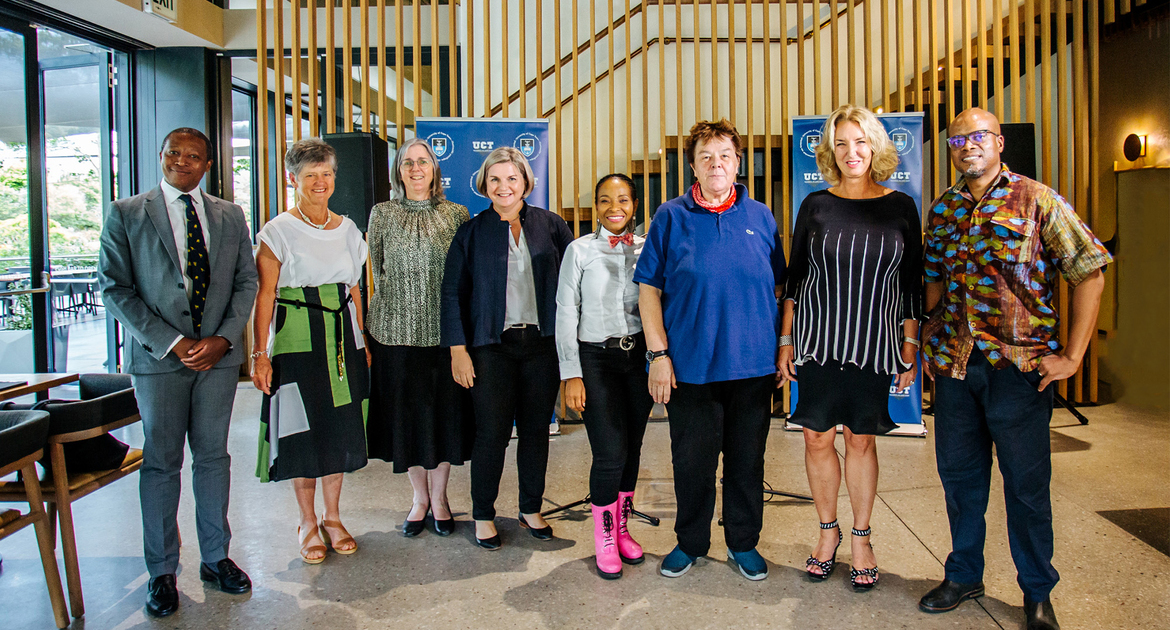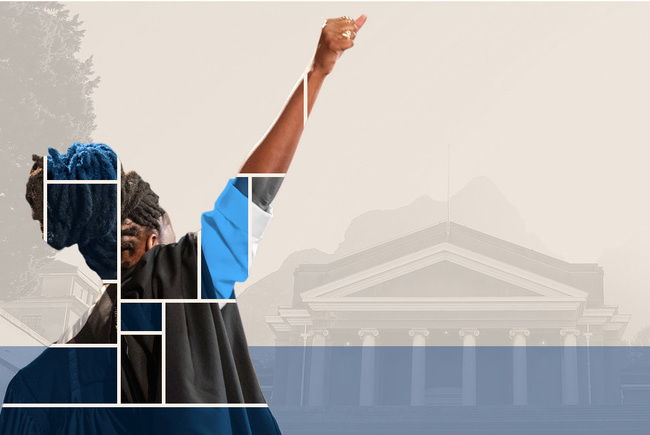Peace in Somalia: PhD thesis endorses positive features of federal system
13 December 2021 | Story Helen Swingler. Photo Getty Images. Read time 9 min.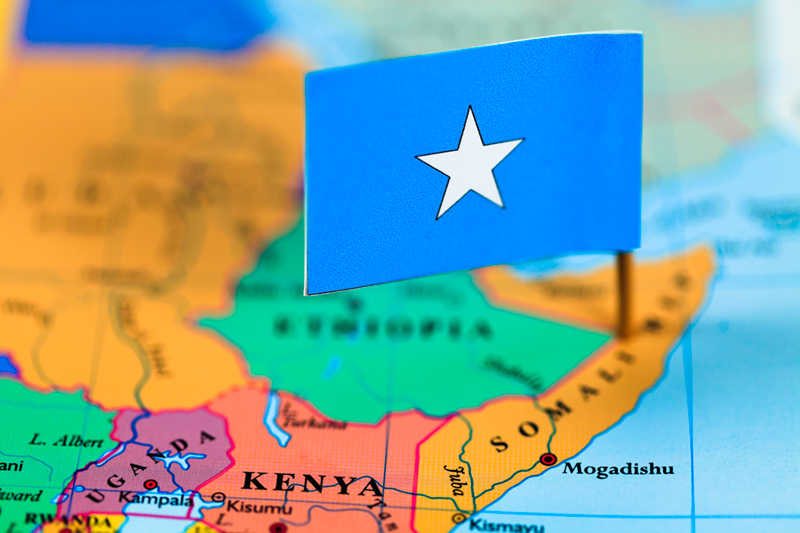
Years of protracted terrorist war left Somalia as a nation in crisis. Since the declaration of a Federal Republic of Somalia and adoption of the Provisional Constitution in 2012, the country has been battling to restore peace and cohesion to its society.
At the heart of the problem is the country’s complex system of two-tier government, riven by clan tensions and geopolitics. University of Cape Town (UCT) PhD graduand Ibrahim Harun’s thesis examines the mechanisms needed to bring lasting peace to the country – and to the Horn of Africa.
Ibrahim will graduate from the Faculty of Law on 14 December.
Among the world’s poorest nations and with 70% of its population under the age of 30, Somalia is described as Africa’s most culturally homogeneous country. According to a Worldometer elaboration of the latest United Nations data, its population is over 16.5 million. Of this total, 85% are ethnic Somalis living in the northern territories, while the south is dominated by minorities.
The country is made up two layers of government, federal government and federal member states; as well as Somaliland, an autonomous region in northern Somalia. (Although Somaliland declared independence from Somalia in 1991, it is not recognised as a sovereign state.)
Federalism a mechanism for peace
Unlike federal states such as Germany, India and Nigeria, Somalia’s federalism was intended to serve as “an institutional mechanism for bringing about peace and conflict resolution, to enhance shared rule and self-rule and to protect minorities and marginalised communities,” said Ibrahim.
The power struggle between central government and the clan-ruled federal states is severely hampering nation-building. But imperfect as the Somali system is, Ibrahim believes it is the best system to meet the country’s peace and development needs.
His thesis points to a number of significant institutional features of federalism envisioned in the country’s Provisional Constitution that could enhance peace.
These include:
- two layers of government: federal government, and federal member states
- division of powers and functions
- distribution of resources and fiscal autonomy
- protection of sub-units (federal member states)
- mechanism for dispute resolution
- protection of minorities, marginalised people, women and children
- shared rule and self-rule
- the provision of fundamental human rights and constitutionalism
But there has been a lack of coherent and clear guidelines for implementing these key principles, said Ibrahim. This affects government competence, the distribution of resources and fiscal federalism, the protection of sub-units and mechanisms for resource distribution resolution.
“For instance, the distribution of resources between federal government and federal member states cannot be understood definitively in the Provisional Constitution. Similarly, in the absence of follow-up legislation or a federal policy, the Provisional Constitution does not give answers on how powers and functions should be shared or allocated within the federal system. This omission has strained the relationship between federal government and federal member states.”
The Provisional Constitution protects the territorial and institutional integrity of the federal member states and the institutions of states against unilateral interference by the federal government. But despite this strong constitutional protection, federal member states have continued to accuse federal government of constant interference, said Ibrahim.
Clans and customary law
“Somali traditional institutions have their own features that could serve as the foundation to build a democratic system of governance. Such features include the traditional authorities such as shiir [clans] and Xeer [a traditional legal system]. These traditional institutions rely on the principles of consensus and reconciliation, conflict resolution and justice system, which could serve as the foundation to build a democratic transition in Somalia.
During the years of conflict and the absence of a functional government, people turned to the country’s traditional institutions and strong cultural values, which both played a significant role in instilling a sense of nationhood, said Ibrahim.
“Somali traditional institutions have their own features that could serve as the foundation to build a democratic system of governance.”
“These include time-tried Somali cultural values such as reconciliation-focused dispute resolution, decentralised decision-making and cultural norms; practices that are all inherently federal in character,” he said. Federalist reform and the move to democracy must be based on this unique context.
Although Somalia’s traditional governance system has proven resilient over time, Ibrahim points out that the 2012 Provisional Constitution had not clarified their vital role in the Somali federal system.
Legal pluralism
The viable option is to accommodate traditional customs and institutions within the existing state structure.
“A system of legal pluralism that allows traditional institutions to discharge their responsibility would greatly improve problems of governance and strengthen the federalism that is taking shape in Somalia.
“Through a system of decentralisation, there are opportunities for creating conducive environments to expand the role of traditional institutions at national, regional and the local levels. This would create a valuable peace infrastructure that is recognisable and legitimate to many Somali people.”
His thesis recommends that the Somali federal government adopt principles of legal pluralism whereby the formal and informal systems work together to achieve transitional democracy, rather than adopting Western liberal values only.
“Such multiple institutional development in Somalia could address its challenges of democratic governance,” he said. “The appropriate procedure would be to instal the Western constitutional system within the context of traditional values.”
He hopes his thesis will guide policymakers, government institutions, non-governmental organisations, and international and Western allies working towards state-building in Somalia, as well as scholars and students.
Modest start
Ibrahim did not always see himself as a university graduate. Many years after leaving school in Kenya he found himself selling snacks and soft drinks at the Cape Town taxi rank. He later ran a grocery store in Kayamandi, Stellenbosch. He said that he and two friends had made a bold decision; they would resume their education. That changed his life. He enrolled for a Bachelor of Science at the University of the Western Cape (UWC) in 2004. By 2010 he had changed tack and completed a master’s degree in law.
He began his PhD the next year, but when his mentor and supervisor Professor Tobias van Reenen died, Ibrahim felt rudderless; he lost interest. It was a call from UCT’s Professor Salvatore Mancuso in 2014 that put him back on track.
“Professor Mancuso was very interested in what was happening in Somalia, and encouraged me to register for a PhD at UCT.”
When Mancuso left the university, Professor Ada Odor and Dr Oluwole Kunuji stepped into the breach.
“They patiently guided me through to completion,” said Ibrahim.
“This thesis might have my name on it; however, it is a product of many people.”
What are his plans now?
“Converting my dissertation into a book for publication; and continue contributing towards peace and conflict resolution in the Horn of Africa.”
Graduation will be celebrated with his community in Cape Town, and family and colleagues at the Institute for Post-School Studies (IPSS) at UWC.
“I thank [the] Almighty for his grace, mercy and guidance throughout this long academic journey. His blessings and clemency have provided me the strength to carry on.
“This thesis might have my name on it; however, it is a product of many people. Many have given me some of their most valuable resources, including time, knowledge and care. First, I would like to thank my supervisor and mentor Prof Ada for her invaluable knowledge, guidance, mentoring, critical insights, advice and constant encouragement. Prof Ada is a true role model for me, both as an academic and as human being. Thank you to Dr Kunuji, who offered thoughtful feedback that made this a better thesis. My appreciation goes to Prof Mancuso too.
“I want to acknowledge the support of my colleagues at the IPSS resource centre, which was home for me for many years; and like any home, it offered me a safe space to explore and learn.”
 This work is licensed under a Creative Commons Attribution-NoDerivatives 4.0 International License.
This work is licensed under a Creative Commons Attribution-NoDerivatives 4.0 International License.
Please view the republishing articles page for more information.
Graduation December 2021
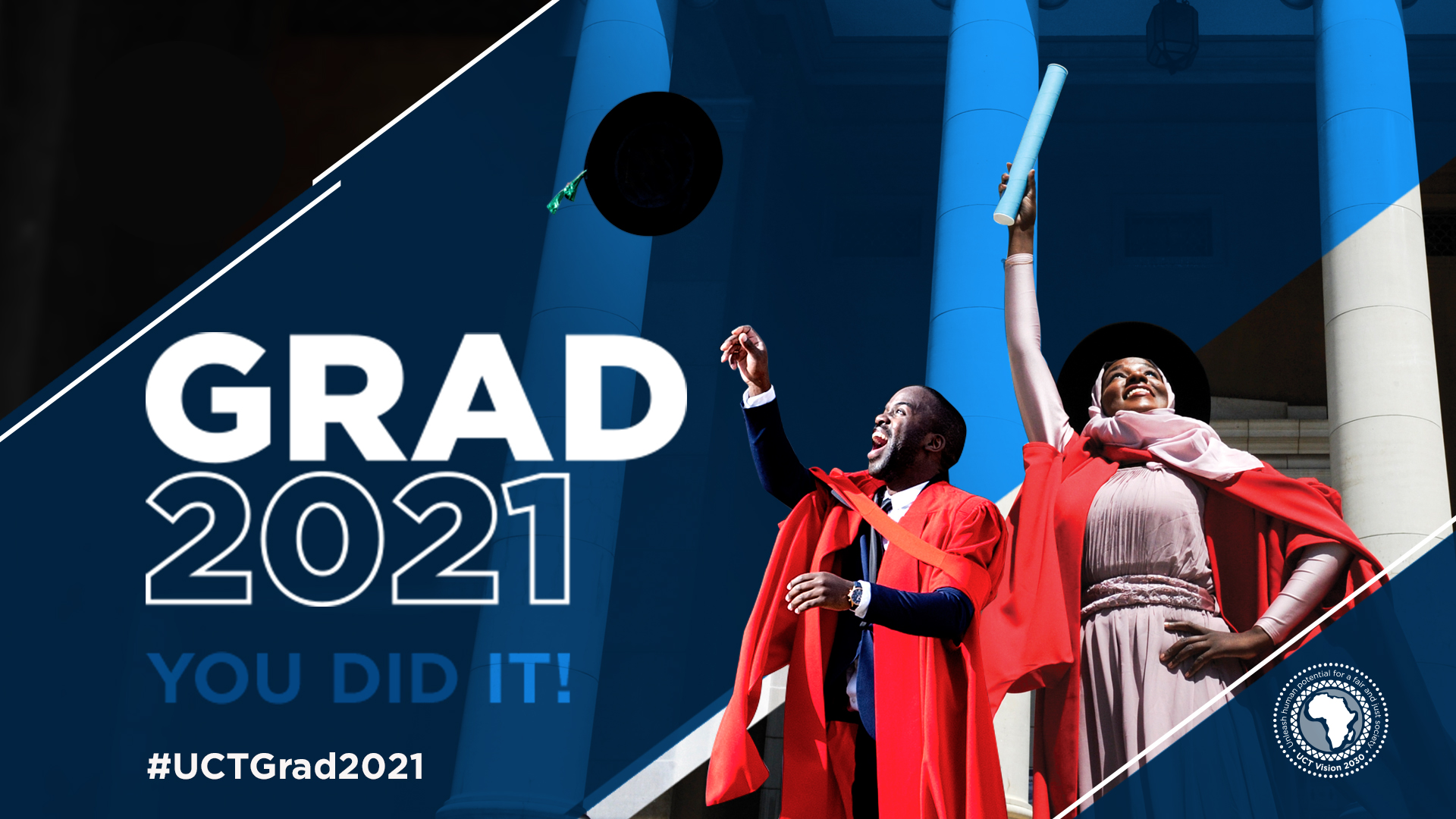
We understand the disappointment that our students and their families feel about the impact that the global pandemic has had on the normal operations for graduation ceremonies. Please know that the decision to host virtual graduation events was not taken lightly. We congratulate the December 2021 graduands on their academic success during exceptionally challenging times.
The December 2021 cohort graduated during the virtual celebratory events as per the published schedule available on the graduation page on the UCT Students website, where you will find full information about graduation.
You can also follow the celebrations on UCT’s Twitter page by using the #UCTGrad2021 hashtag.
Video and photo highlights
Ceremony videos
You did it!
The names of all of the December 2021 graduands (before the ceremony) and graduates (after the ceremony) can be found in the ceremony programme PDFs. Congratulations to all of you!
Our stories: inspirational graduates
The UCT News team has profiled a cross-section of inspirational graduands whose stories have inspired us. To all those we haven’t been able to feature, we’d like to say: each one of you is an inspiration – to your university, your families and your communities. We wish you every success in the future.
Creative works awards
UCT recognises and celebrates major creative works produced by members of staff at the university.
Distinguished Teacher Award
The Distinguished Teacher Award is the highest accolade awarded to teaching staff at all levels within the university. Through the award, the University of Cape Town acknowledges the primary place of teaching and learning in the university’s work.
Fellows of UCT
UCT’s Council established fellowships for members of permanent academic staff in recognition of original, distinguished academic work that merits special recognition. In 2021, nine new fellows have been recognised.
#UCTGrad2021 – social media elements
Customised Facebook frames and Instagram stickers are now available on our social media platforms. Watch the tutorial videos here to see how easily you can get your online presence ready to celebrate during the virtual events.







